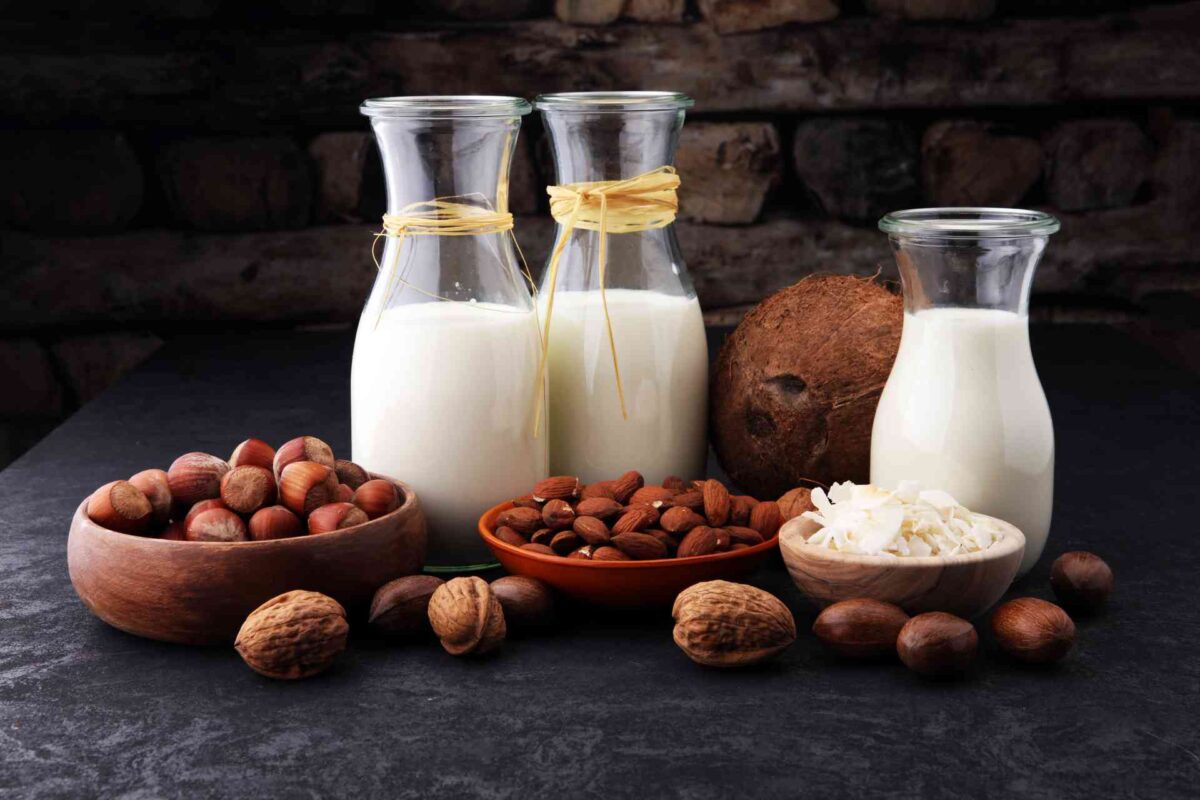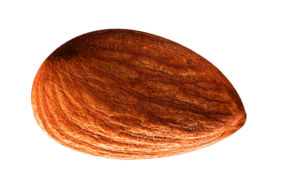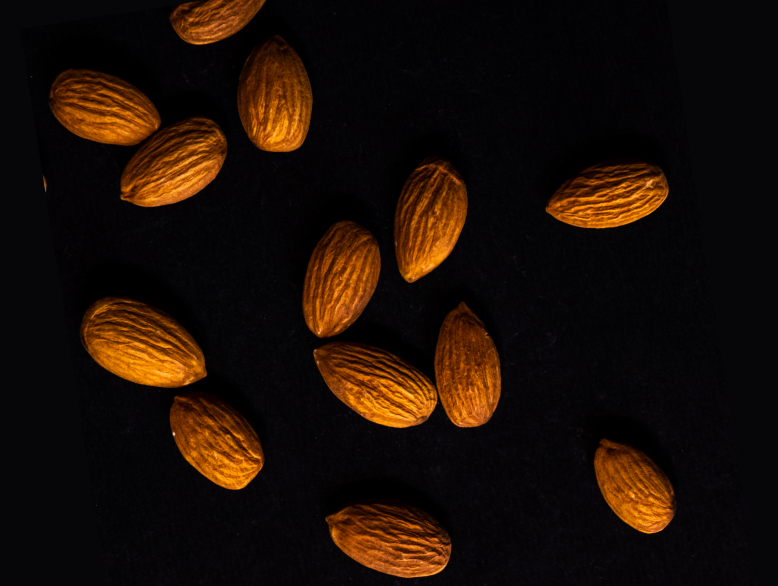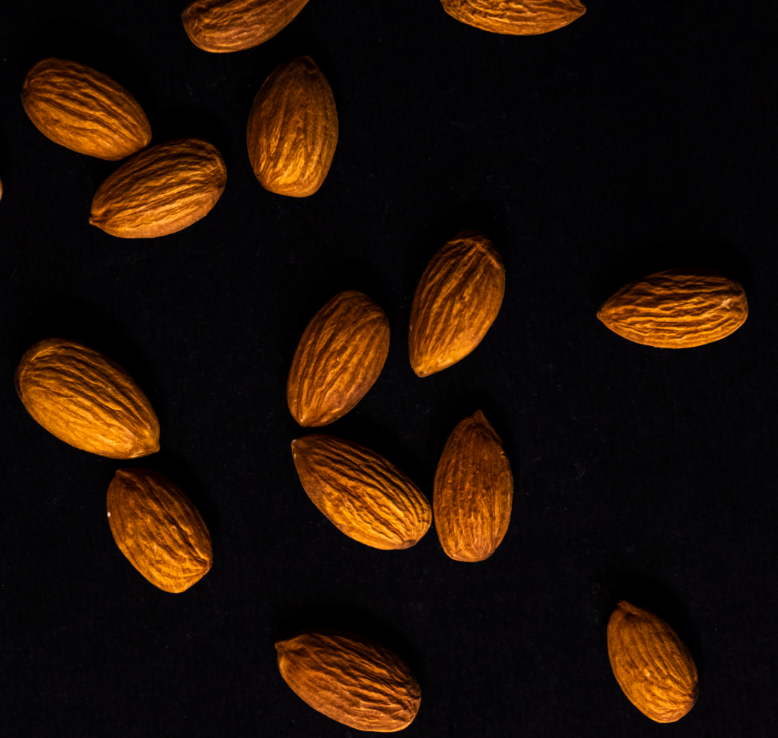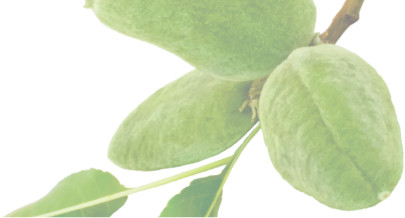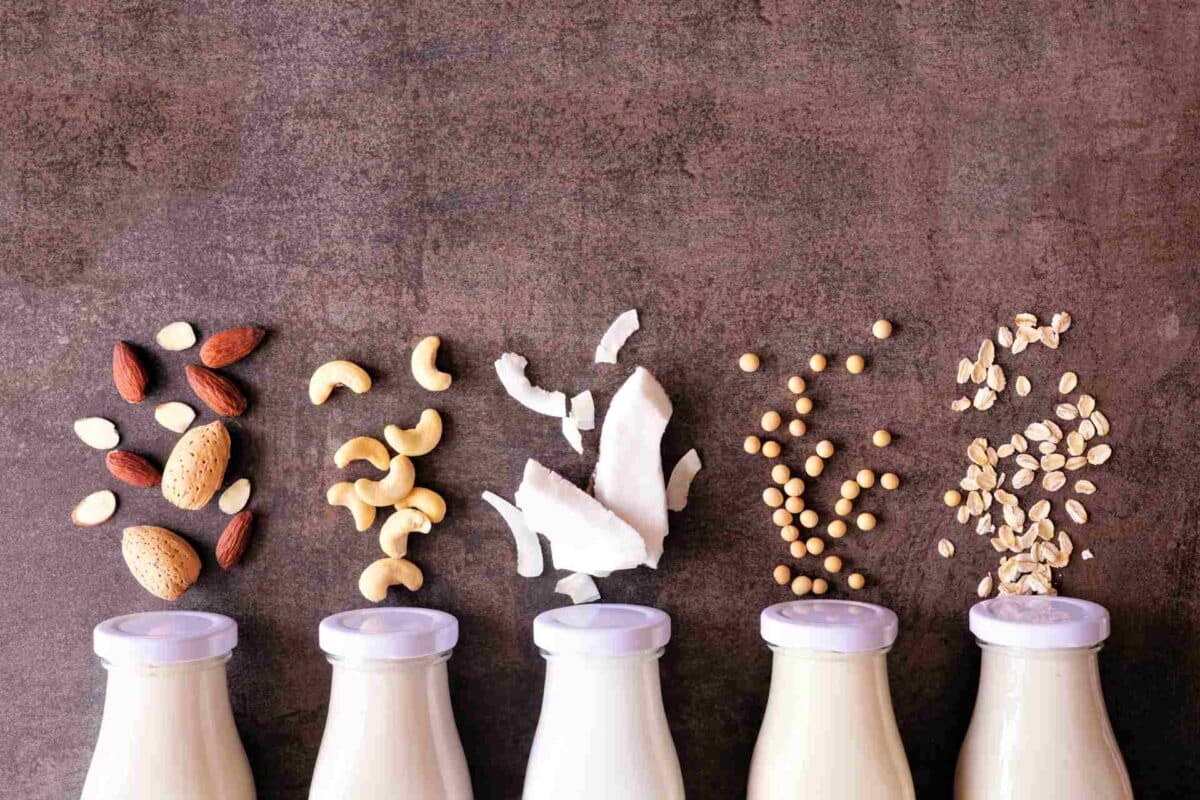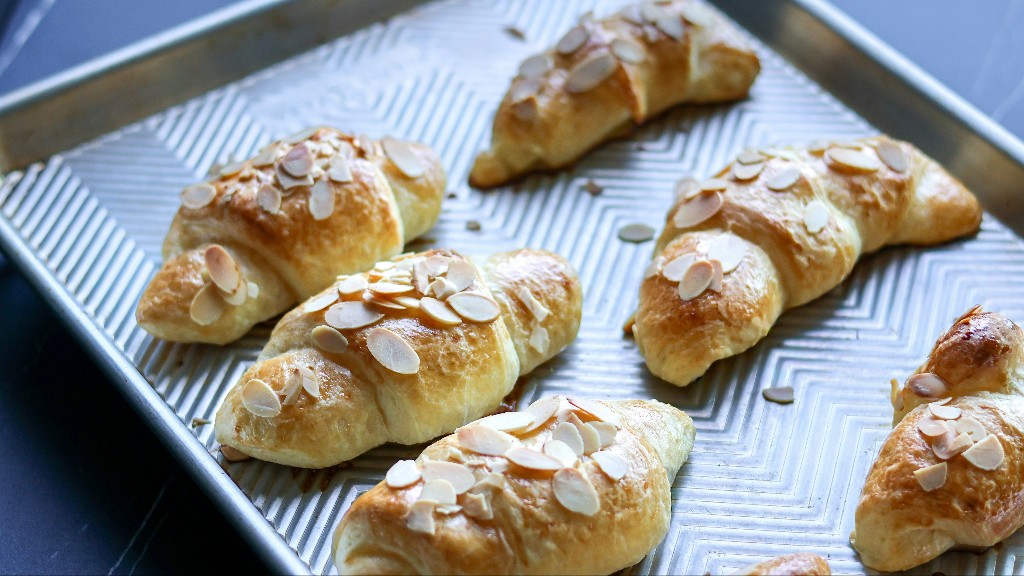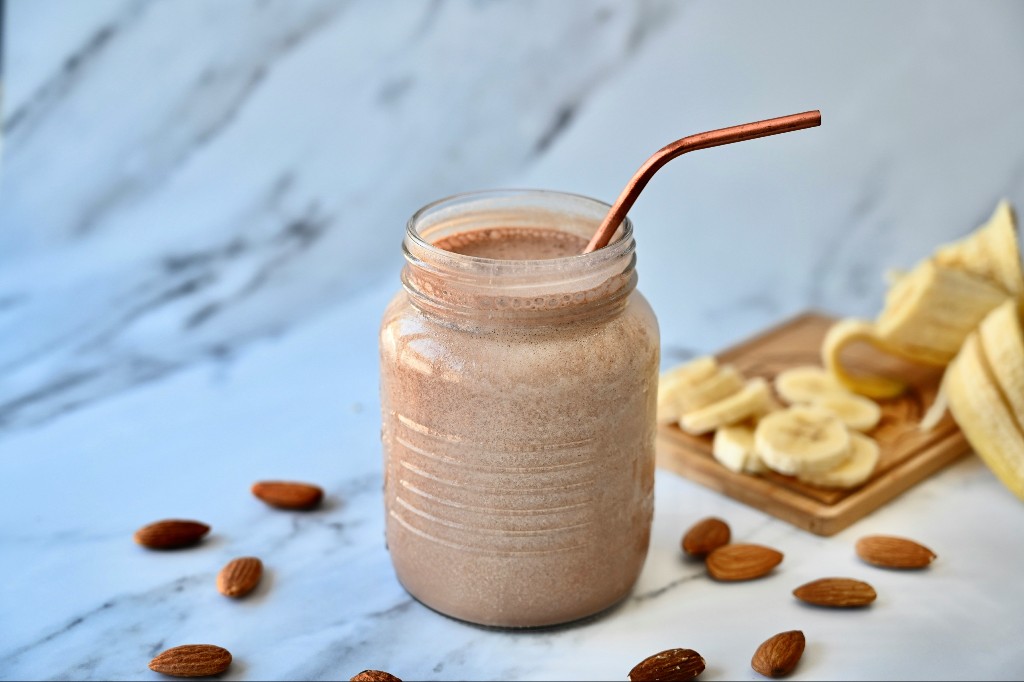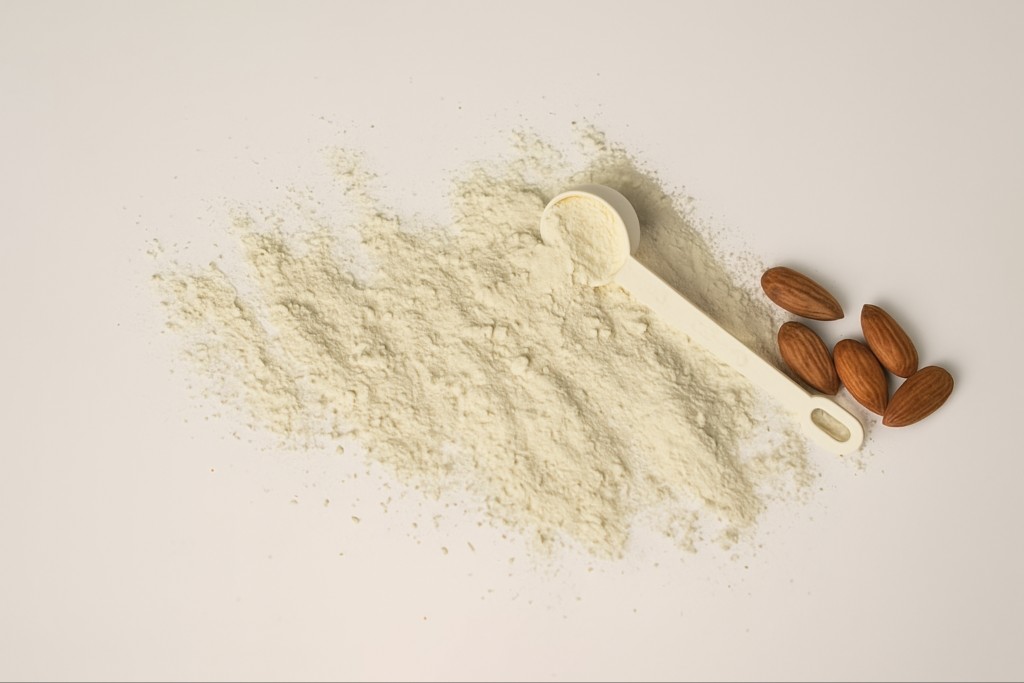Popular Non-Dairy Milks for Baking
Almond Milk: A Preferred Choice for Quality Baking
Almond milk has become a favorite in kitchens and bakeries alike. Its light, nutty flavor enhances baked goods without overpowering them, making it an excellent base for everything from fluffy cakes to tasty pastries. Beyond its taste, almond milk mixes well with other ingredients and doesn’t curdle, which is a huge plus for achieving the perfect texture in your baking.
Soy Milk: The Nutrient-Rich Contender
Next up is soy milk, known for its robust nutrient profile. High in protein, soy milk adds structure and body to your baked items. It’s particularly good for heavier, denser baked goods like breads or vegan-friendly brownies. Its creamy texture and neutral taste make it a reliable dairy alternative for recipes that need a little extra heft.
Oat Milk: For Moisture and Mildness
Oat milk is gaining fans for its creamy texture and slight sweetness, which can bring a new dimension to your baking. It works wonders for adding moisture to cakes and muffins, ensuring they come out of the oven soft and springy.
Coconut Milk: The Go-To for Richness
When richness is what you’re after, coconut milk is your go-to. Its lush, creamy consistency makes decadent desserts even more indulgent. Think vegan chocolate ganache or tropical-themed pastries. Coconut milk brings a richness and a hint of tropical flavor that can make your baked goods stand out.
More Than Just Delicious: Benefits of Using Non-Dairy Milk in Baking
Switching to non-dairy milk isn’t just about following trends. It’s about making smarter, healthier choices in the kitchen. Here’s why using non-dairy milk like almond milk can be a game changer:
- Dietary Benefits: Great for vegans, those lactose intolerant, and anyone looking to reduce dairy intake, non-dairy milks open up your baked goods to a broader audience.
- Environmental Impact: Plant-based milks generally use less water and produce fewer greenhouse gasses than cow’s milk. By choosing almond milk, you’re making an environmentally friendly decision.
- Accessibility and Availability: As demand for non-dairy alternatives grows, these milks are becoming easier to find and increasingly cost-effective for businesses. This accessibility allows for more creativity and experimentation in baking.
How to Choose the Right Non-Dairy Milk for Your Baking Creations
Selecting the ideal non-dairy milk hinges on the specific needs of your baking creations and target consumer demographics. Here’s a framework to guide your decision-making process:
- Flavor Profile: Consider the overall taste profile of your baked good. Does it require a neutral base like almond milk, or can it handle a bolder flavor like coconut milk?
- Fat Content: Fat content directly impacts texture and mouthfeel. Higher fat content (like coconut milk) contributes to richness and density, while lower fat options (like almond milk) create a lighter crumb.
- Water Content: Water content influences texture and moisture retention. Higher water content in some non-dairy milks may necessitate adjustments to flour ratios in your recipe to achieve the desired consistency.
- Sugar Content: Naturally sweet options like oat milk might allow you to reduce added sugar in your recipe, while unsweetened varieties offer more control over sweetness levels.
- How Different Milks Affect Baking Outcomes: Understanding how each non-dairy milk interacts with other ingredients is crucial. For example, soy milk’s protein content promotes browning, while almond milk’s lower protein content may lead to a lighter colored final product.
Here’s a quick reference guide to get you started:
- For a light and airy cake: Opt for almond milk or oat milk.
- For a dense and chewy bread: Soy milk or a combination of non-dairy milks with higher protein content is ideal.
- For a decadent and rich dessert: Coconut milk shines in these applications.
Remember, this is just a starting point. Experimentation is key to unlocking the full potential of non-dairy milks in your baking creations.
FAQs about Non-Dairy Milk for Baking
What is the best non-dairy milk for a moist cake?
Almond milk and soy milk are superb choices for moist cakes due to their balanced fat and water content, which helps to keep cakes tender without making them soggy.
Can I substitute non-dairy milk directly for dairy milk in recipes?
Yes, you can usually substitute non-dairy milk for dairy milk in a one-to-one ratio. However, consider the flavor, sugar, and fat content of the non-dairy milk as these can affect the final product.
How does the fat content in non-dairy milk affect baking?
The fat content is crucial for adding richness and tenderness to baked goods. Higher fat milks, such as coconut milk, can improve the texture and flavor of desserts, making them richer and more indulgent.
Harris Woolf Almonds – Your Partner in Premium Almond Milk
For manufacturers seeking to elevate their baked goods with the finest almond milk, Harris Woolf Almonds is your trusted partner. We offer premium, USDA Organic-certified almond milk solutions formulated to meet the specific needs of your recipes. Free from artificial colors and additives, our almond milk ingredients deliver exceptional taste and texture, allowing you to create truly remarkable baked goods.
Learn more about our almond milk ingredients and how Harris Woolf Almonds can elevate your product line. Contact our team today to discuss your specific requirements.
